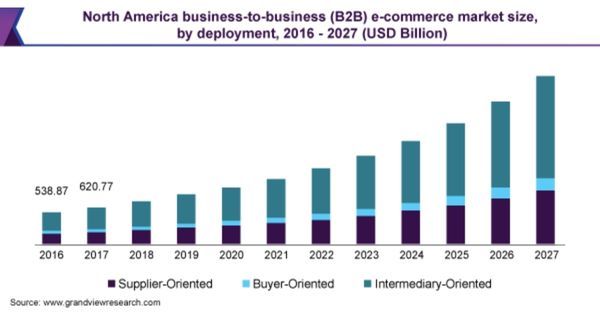No matter if it is B2B or B2C, most companies in the business of selling goods would have experienced slow-moving, obsolete inventory or excess inventory at some point. In this article, Pollen explores the benefits of bulk inventory liquidation online.
We have seen the news articles, perhaps shared on social media by a friend. Coach destroys unsold inventory, Amazon throws out millions of dollars of unsold inventory, and Burberry burns millions' worth of bags, perfumes, and clothes. We have perhaps even read that fast fashion, in the Age of Consumerism, is partly responsible for climate change.
But when consumer demand predictions are never 100% accurate, brands are constantly looking for ways to increase revenue - and a single TikTok video could be all it takes to spark a new craze. Then, how do companies manage inventory on hand that's no longer "sellable"?

Policymakers in countries like France are implementing laws to prohibit the destruction of unsold goods, which encourages companies to improve demand forecasting and explore alternative ways to sell surplus inventory. Despite this, inventory liquidation plays a part in helping businesses to handle the challenge of unsold or returned items.
"The overall return rate for online shopping across industries is 25 percent." - Optoro.
Sustainable Liquidation as a Solution
Liquidation offers a viable revenue option to companies, rather than leaving items in warehouses incurring storage and security costs, or resorting to landfill dumping or fiery destruction. Moreover, it is an environmentally friendly solution that benefits both the environment and consumers.
How? Take a bottle of shampoo - it's a year to expiry, but retail sales indicate the space would be put to better use promoting something else. There's the option of repackaging or bundling as a seasonal promotion, of course. Aggressive marketing tactics such as discounts, ads, and influencers are also possible. But when the cost is a concern and income is a 'maybe', sometimes brands may decide to pull the items off the shelves.
But then, what do they do with all this slow-moving, obsolete, or excess inventory?
Enter: Inventory sustainable liquidation companies like Pollen.
From liquidation inventory management systems to an online liquidation marketplace that reaches thousands of buyers around the world, sustainable liquidation startups like Pollen help companies move inventory levels(unsold goods) to where they will be purchased and used, quickly and cost-effectively.
The global B2B e-commerce market held a market value of USD 8,523.3 billion in 2021 and is projected to reach USD 18,771.4 billion by 2027. The market is even anticipated to grow at a CAGR of 14.1% from 2022 to 2027.

Research And Markets, via PR Newswire
Source: 2-b.io
Why Pollen sustainable liquidation, and how is it sustainable?
While demonstrating that liquidation is a viable business proposition, sustainable liquidation also carries community and environmental benefits.
Companies earn money by selling inventory on liquidated items, even when sold at a discount to wholesalers, distributors, exporters, or retailers. Next, these buyers then sell the goods further down the supply chain at a profit before the items end up in the hands of consumers who want or need them but are unable or unwilling to pay full price off-the-shelf.
Take the shampoo example earlier: when the brand decides not to continue selling the item anymore, despite it having another year to expiry, the next question would be what to do with the unsold goods.
With excess stock liquidation, the thousands of shampoo bottles are sold in bulk to a buyer - locally or internationally - who then sells them to another company or directly to consumers.
Ultimately: consumers purchasing these still-usable goods receive a branded product at a significantly discounted price.
Meanwhile, the original company that decided to take the shampoo off the shelves received a profit margin for the liquidated goods while saving on storage space, inventory costs, warehousing, or disposal costs.
As to why online inventory liquidation specifically, the numbers speak for themselves. More and more businesses, even in the B2B space, are moving towards e-commerce due to its speed, reach, cost-effectiveness, and attribution & audience targeting capabilities.
If there's one thing the pandemic has taught us, it's that many things can be done remotely just as well as, if not better than, in person. Securing additional sales channels, recycling, or donation partners is just one of them.
Want to know more about how Pollen's sustainable liquidation management system or liquidation marketplace can help your excess inventory?
Sign up for your free account today!
Enjoyed this article? Share it with your friends and connections, and subscribe to this blog for more updates about Sustainable Liquidation!

